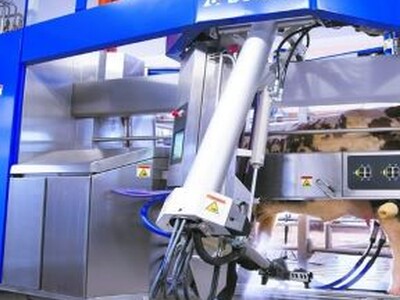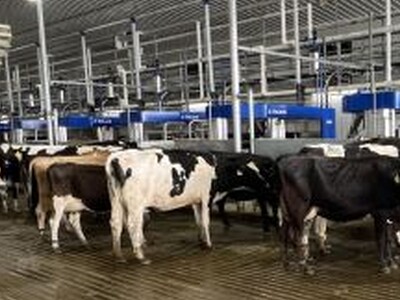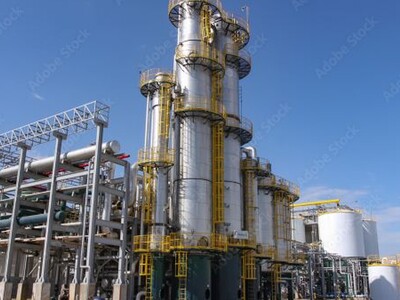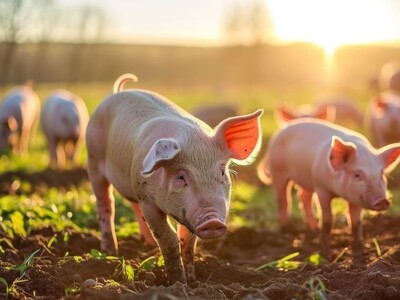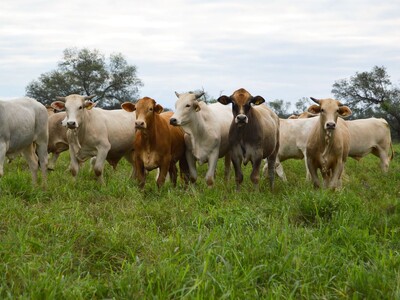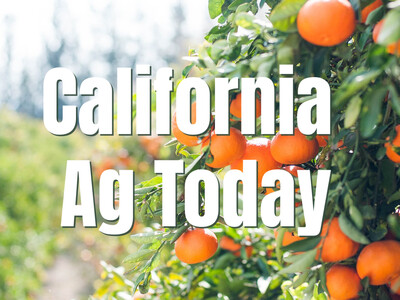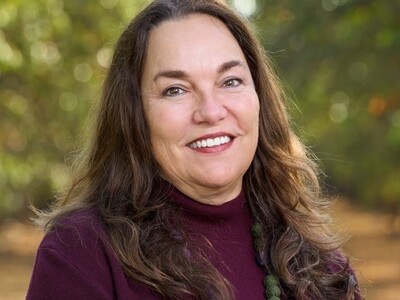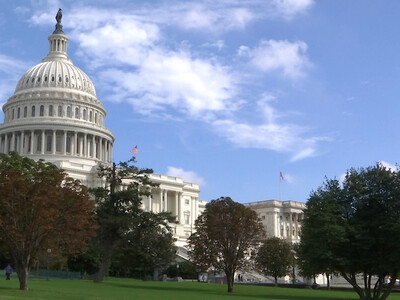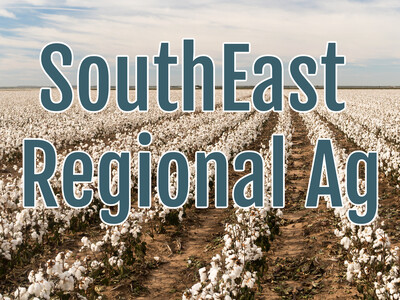Whole Foods Scandal
Incensed and insulted, five of the most respected and influential, veteran Certified Organic farmers in the nation have sent the CEO of Whole Foods Market a letter calling the company's new "Responsibly Grown" produce marketing scheme "onerous and expensive" and stating that it devalues the Certified Organic label.The signatories come from California and Pennsylvania. They, along with many other growers around the country who felt unable to speak on the record for fear of risking their livelihoods as Whole Foods suppliers, express concern that the giant retailer is setting aside decades of partnership with farmers in building the organic movement to pursue an ill-advised, self-serving marketing program.
Their letter was addressed to the corporation’s Chief Executive Officer, John Mackey. Whole Foods’ growth, with annual sales approaching $15 billion, has run into strong headwinds in the maturing marketplace for organic food. Same-store sales are flat and other retailers are gaining market share from a company that has long had a reputation for being top-quality, but expensive, earning the nickname "Whole Paycheck." The iconic natural foods grocer has more than 400 stores.
One of the signatories, Tom Willey, of T&D Willey Farms, located in Madera, California, is a longtime Whole Foods supplier. "Intending to create a value-added image for the conventional produce on their shelves, Whole Foods is undermining the work my family and I have done, along with so many others in the organic farming movement, to create a Certified Organic 'gold standard' in terms of safe food production," Willey said.
While devising a new labeling program that identifies fruits and vegetables as "Good," "Better," and "Best," Whole Foods is asking the growers to pay for participating in the retailer's verification program. Another signatory to the letter, Jim Crawford, founder of New Morning Farm in Hustontown, Pennsylvania, said numerous growers reported that their cost to comply with Whole Foods’ new program ranges from $5,000 to $20,000. "That is not an inconsequential sum for medium-sized, established organic growers like myself. But this cost, and the added labor to administer the program, could be impossible for some smaller and new-entry farmers to absorb," stated Crawford.
"I call this marketing model 'Robin Hood in reverse'," said Mark A. Kastel, Senior Farm Policy Analyst at The Cornucopia Institute. "Although their market capitalization has taken quite a hit recently, at over $14 billion Whole Foods remains one of the wealthiest grocers in the United States. In an effort to enhance their image, they are asking modestly scaled family farmers to pick up the tab for a program whose benefits will almost exclusively accrue to the corporation," Kastel stated.
One of the most objectionable elements of the "Responsibly Grown" program, for farmers, is the company's alleged attempt to devalue the importance of the Certified Organic label in terms of customer perception. Under the Whole Foods program, conventionally grown produce, treated with toxic agrochemicals, can be rated higher than Certified Organic produce, which is grown under strict, legally enforced compliance overseen by the USDA.
"Why would a customer pay three dollars more per pound for the Certified Organic asparagus when they could buy what a trusted retailer has labeled 'Best'?" asked Kastel.
Because T&D Willey Farms has not yet complied with Whole Foods’ program, their produce is currently labeled "Unrated." "I am most assuredly rated!” said Willey. “I have been Certified Organic for 28 years and my farm undergoes a rigorous annual physical inspection and auditing by CCOF, an independent certifier, accredited by the USDA. That's a pretty high rating in my book."
This is not the first time The Cornucopia Institute has referred to some of Whole Foods' marketing tactics as "bait and switch."
"Here is a business that touts their status as being the nation's first national Certified Organic grocery chain," Cornucopia’s Kastel explained. "In their marketing materials and signage they are constantly promoting their dedication to organic agriculture. But when you shop at their stores, you might notice that a high percentage of their offerings are not actually organic. Now the 'Responsibly Grown' program is attempting to put some of this conventional food on a pedestal higher than organic," Kastel lamented.
Whole Foods has long been criticized by some in the organic movement for developing a proprietary meat department rating system, which predominately sells premium-priced conventional meat labeled as "natural."
"The meat Whole Foods sells that is not Certified Organic was produced from livestock that were fed conventional feed, almost assuredly genetically modified, and, based on USDA research, likely contaminated with agrochemical residues," Kastel added.
The Centers for Disease Control and Prevention reports that there are traces of 29 different pesticides in the average American's body. Dr. Michael Crupain, Director of the Food Safety and Sustainability Center at Consumer Reports, states, "We're exposed to a cocktail of chemicals from our food on a daily basis." Although the new Whole Foods rating system bans a selected list of synthetic pesticides, most toxic agrochemicals are still available for their conventional growers to use based on the company's "Responsibly Grown" protocols.




